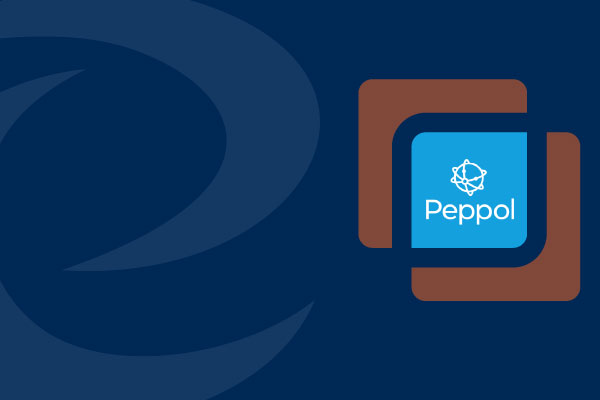PEPPOL Integration for your ERP

September 23, 2025
PEPPOL is growing in popularity, and more companies are choosing it to send invoices. One key reason is its simplicity. Many businesses are already part of the network, making it easy to exchange documents without dealing with multiple formats or platforms. Naturally, many ask if PEPPOL can be integrated with their ERP system. The answer is straightforward: yes, it can.
Why connect your ERP to PEPPOL?
Connecting your ERP system to the PEPPOL network comes with several advantages. Once integrated, your business can send invoices, orders, and other documents to anyone already connected. This is particularly relevant for B2G transactions, where PEPPOL compliance is often mandatory when working with public sector clients.
Country e-invoicing mandates and Peppol
Many countries also encourage or require PEPPOL for B2B transactions, meaning integration not only simplifies current processes but also prepares your business for future requirements. Standardisation reduces errors, speeds up document exchange, and ensures that both you and your trading partners follow the same protocol.
For example, Belgium will introduce an e-invoicing mandate starting from January 2026. PEPPOL is the recommended network and format (Peppol BIS 3.0), offering a secure and standardised way to exchange invoices. PEPPOL’s alignment with the EU standard (EN 16931) makes it a future-proof choice, supporting both domestic compliance and cross-border interoperability.
How does an ERP Peppol integration work?
Joining the PEPPOL network is simple. You need a PEPPOL Access Point, an approved provider authorised by local administrations. At TrueCommerce, we are a certified PEPPOL Access Point, which allows us to help businesses connect quickly and efficiently.
After joining the network, your company receives a PEPPOL ID. This unique identifier is what other businesses use to send documents to you. Because PEPPOL is based on global standards, only a single mapping in your ERP is required. Once mapped, you can easily add new trading partners using their EAN numbers, enabling seamless communication across the network.
This approach significantly reduces administrative effort. Companies no longer need to create multiple document formats or manage individual integrations for each partner. Instead, the standardised system allows immediate, accurate exchange of invoices, orders, and other transactional documents.
Preparing for the future with Peppol
PEPPOL’s adoption is expected to increase in the coming years. The EU’s widespread e-invoicing initiatives and emerging B2B requirements make it clear that digital document exchange via PEPPOL is becoming the standard. Businesses already connected to the network are positioned to meet these changes quickly and without additional investment.
Learn more about Peppol
For companies seeking a more detailed explanation of PEPPOL and its benefits, our dedicated PEPPOL blog post offers a thorough overview. TrueCommerce also provides guidance and support for integrating your ERP system with PEPPOL, ensuring your business can take full advantage of this growing network.
By connecting your ERP to PEPPOL, you simplify document exchange, meet compliance requirements, and prepare your business for future digital invoicing standards. Integration is simple, standardised, and built for long-term efficiency.
Ready to learn even more? Book a demo and we will show you how it looks in practice!
Share this post:
Stay ahead of the competition
Get expert supply chain insights delivered directly to your inbox weekly.